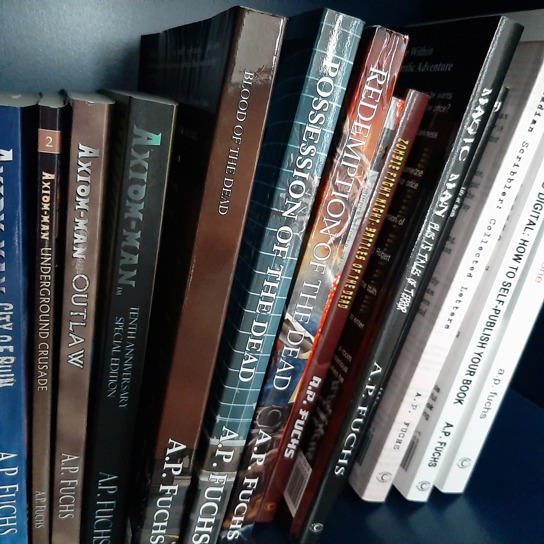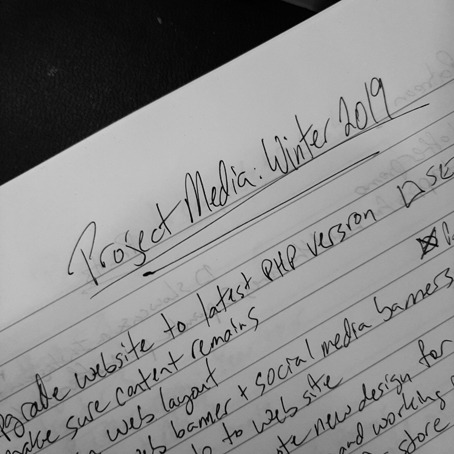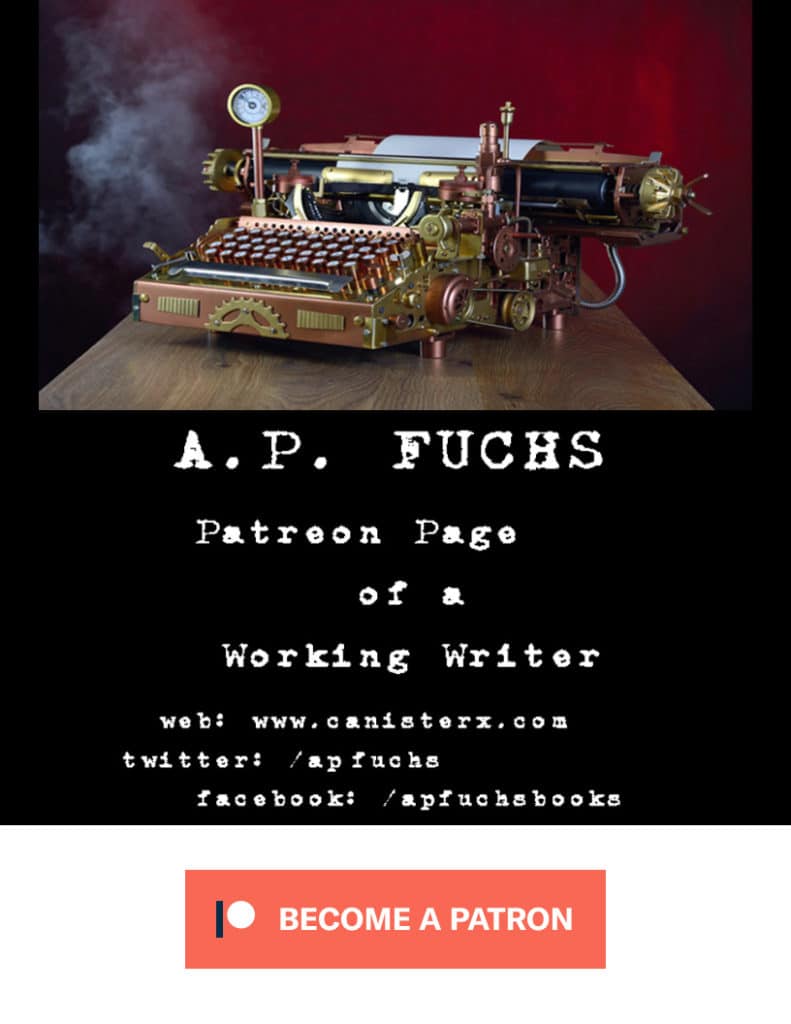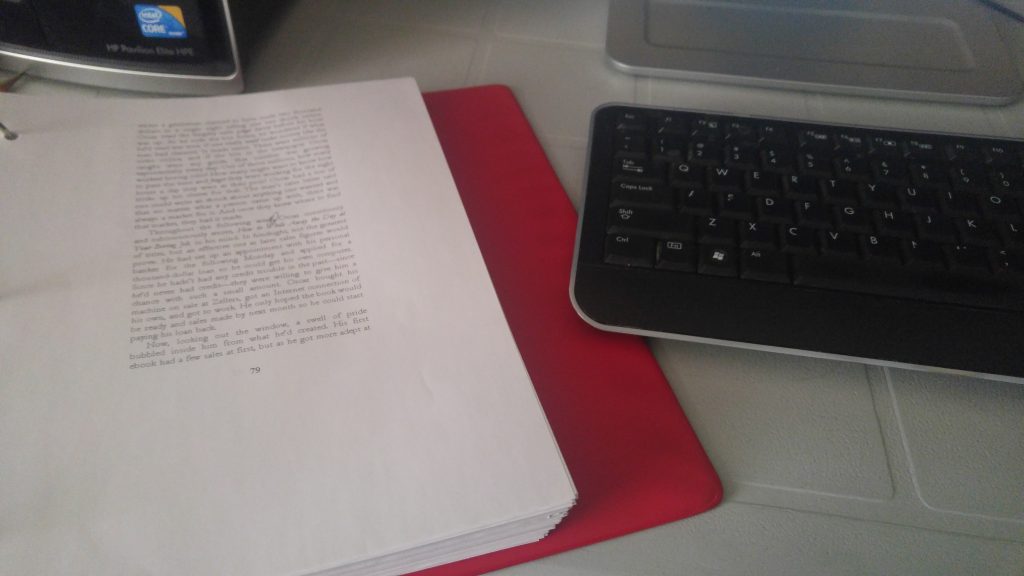I am writing this statement on behalf of my fellow writers and artists whose livelihoods depend on the honesty of our readers. This statement is going to be perfectly blunt to ensure crystal clarity in the message.
And the message is this: Please, stop pirating–also known as downloading illegally–our books, comics, movies, music, audio performances or presentations, art, and anything else that does not belong to you.
When someone takes something that doesn’t belong to them, it is called stealing. This makes a person a thief. That is what someone who steals is. It does not matter whether the item you took cost pennies or hundreds–even thousands–of dollars to create. In the case of movies, these numbers can run into the millions. The value is irrelevant when it comes to the principle of taking something you didn’t buy and/or did not have permission to use.
There is a sad and, frankly, pathetic mentality out there that everything on the Internet is free and up for grabs to be consumed however anyone wishes.
This is not true.
Yes, there are platforms out there where entertainment work is posted for free in various mediums, but that is where this work is to remain. If a creator posted a piece of art or a photograph to the Internet, you cannot assume you can take it and use it how you see fit. There are rules and there are guidelines and there are permissions to be asked.
Please, stop stealing our work.
Downloading pirated movies, TV shows, music, books, comics, art, and anything else illegally is just that: illegal. It is a crime and it is wrong.
It is even worse when someone takes someone else’s intellectual property and uses it for financial gain. You are profiting off theft. This is also illegal. The excessive amount of fan art in the comic community is a good example of this.
Please, stop stealing our work.
Most creators–despite what you might read in the news or see on TV–live paycheck to paycheck just like plenty of other people. We cannot afford to have our readers not pay for our work. If you like our work and want to read it, we thank you, but we ask that you do it ethically and compensate us for the lengthy amount of time and effort and sometimes stress put into various projects.
If some creators flat out say they are fine with their stuff being pirated, then that’s different and that’s on that particular creator that they are acting ethically to ensure all parties involved with the work are okay with them allowing it to be used and/or consumed for free.
The Internet does not equal free in the purest sense.
Please, stop stealing our work.
Sure, it is understood amongst many creators that many of our readers do not have the means to purchase our material. And while, having lived on the street, I can fully emphasize with that, stealing is stealing. End of story.
When you steal a piece of entertainment, you are stealing not just the compensation for creating that piece of work, you are stealing a person’s time, which is, like I always say, the most valuable thing any living person has because our lives our finite. You are stealing something that is worth more than any treasure or wealth on the planet. Time is more valuable than diamonds.
Please, stop stealing our work.
This is a moral issue.
It is up to you to decide who you want to be: Someone who is fair and respectful, or someone who steals from others.
Please, stop stealing our work.
Thank you.







